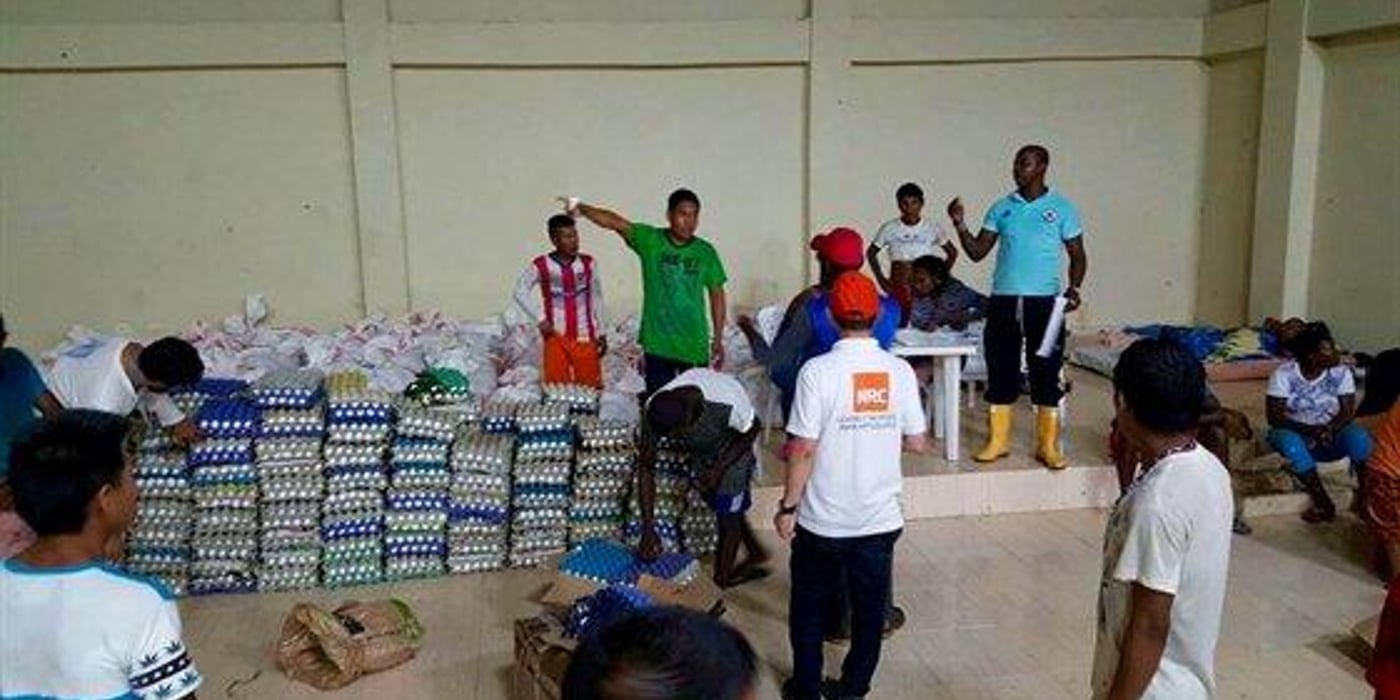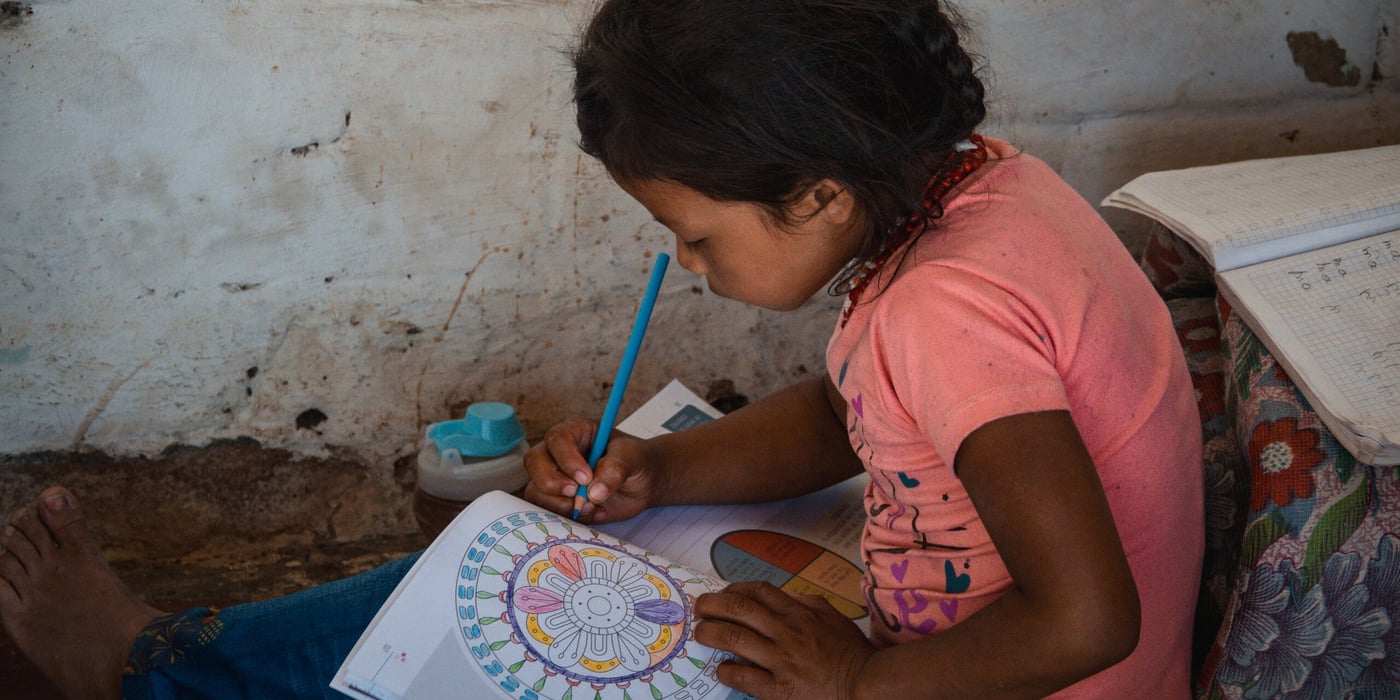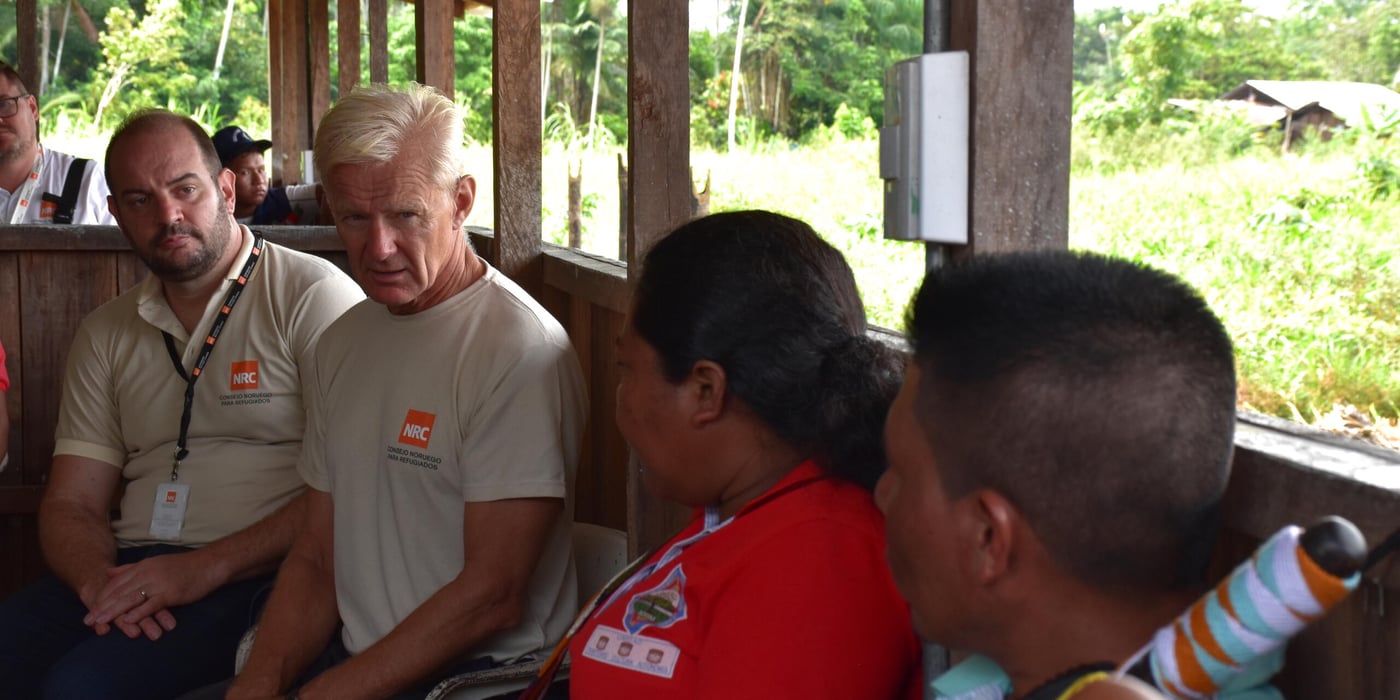
Since April 2016, over 5,800 people have fled their homes to escape armed clashes between non-state armed groups, fighting for territorial control of the area, and on-going hostilities, in the context of the country's civil war. An additional 6,000 people have had their movements severely restricted as a result of the fighting and bombing raids in these areas.
This conflict has mostly affected Afro-Colombians and indigenous people, and the magnitude of the situation has overwhelmed the local authorities' ability to respond. The access to basic needs, including food, health services and temporary shelter is severely restricted. People's traditional livelihoods (fishing, hunting and agriculture) have been completely disrupted, and children are no longer able to go to school.
In this context, NRC is providing food, mattresses, hygiene kits, water storage tanks and other non-food items. In addition, we are training teachers and public officials in providing Education in Emergency, providing basic school equipment and kits to resume education activities during the emergency. More than 1,100 people have already benefited from NRC's humanitarian aid.
We are also working in close coordination with the local and national authorities, and other humanitarian organisations to provide emergency assistance.
The Government of Colombia is currently in the final stages of a peace dialogue with the Revolutionary Armed Forces of Colombia (FARC). The peace dialogue, launched in 2012, aims to put an end to over 50 years of armed conflict, which has generated close to 6.7 million internally displaced people and 350,000 Colombian refugees.
The de-escalation of the conflict, however, has not yet succeeded in reducing the number of displaced people in the country. Last year, 224,324 persons were officially reported as newly displaced. Therefore, humanitarian assistance must remain a priority.



